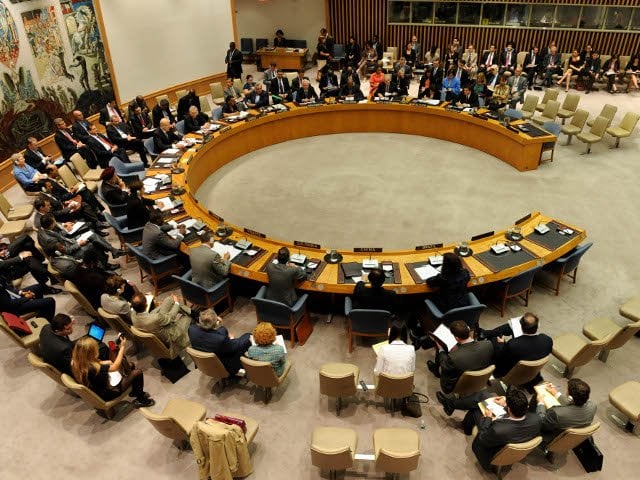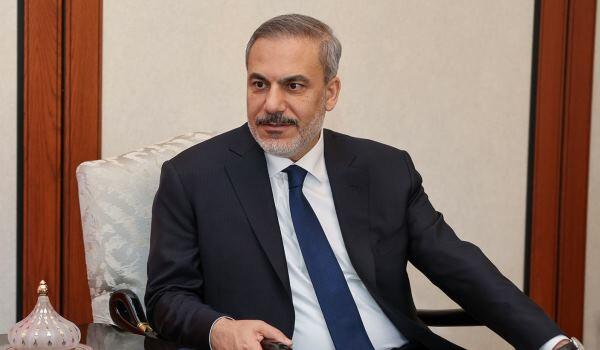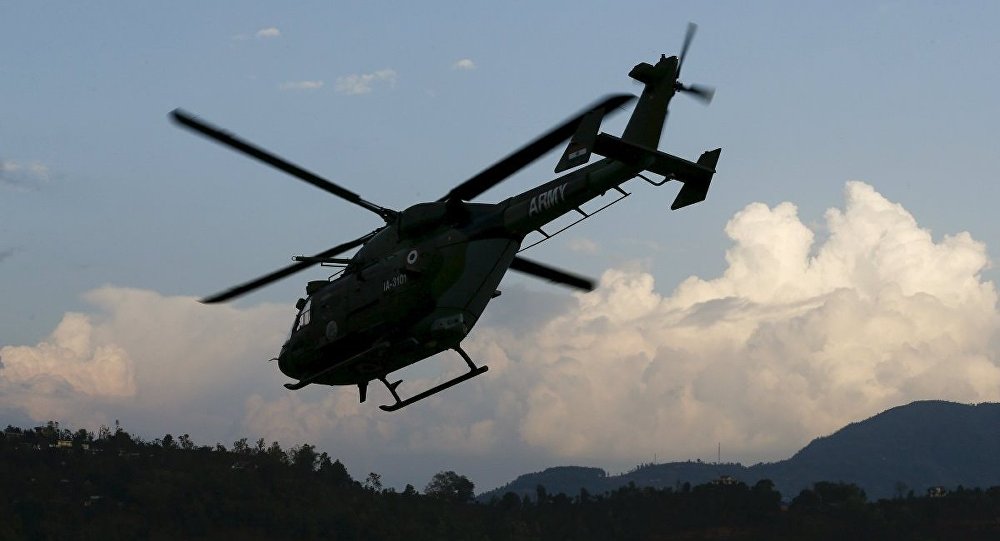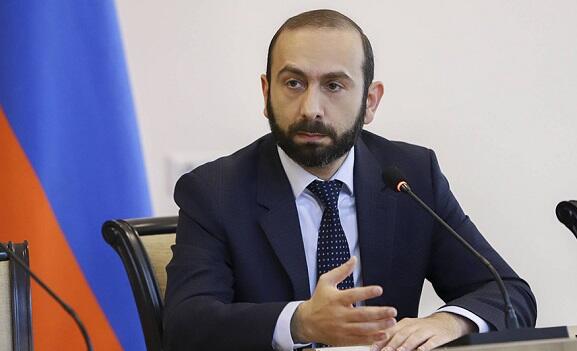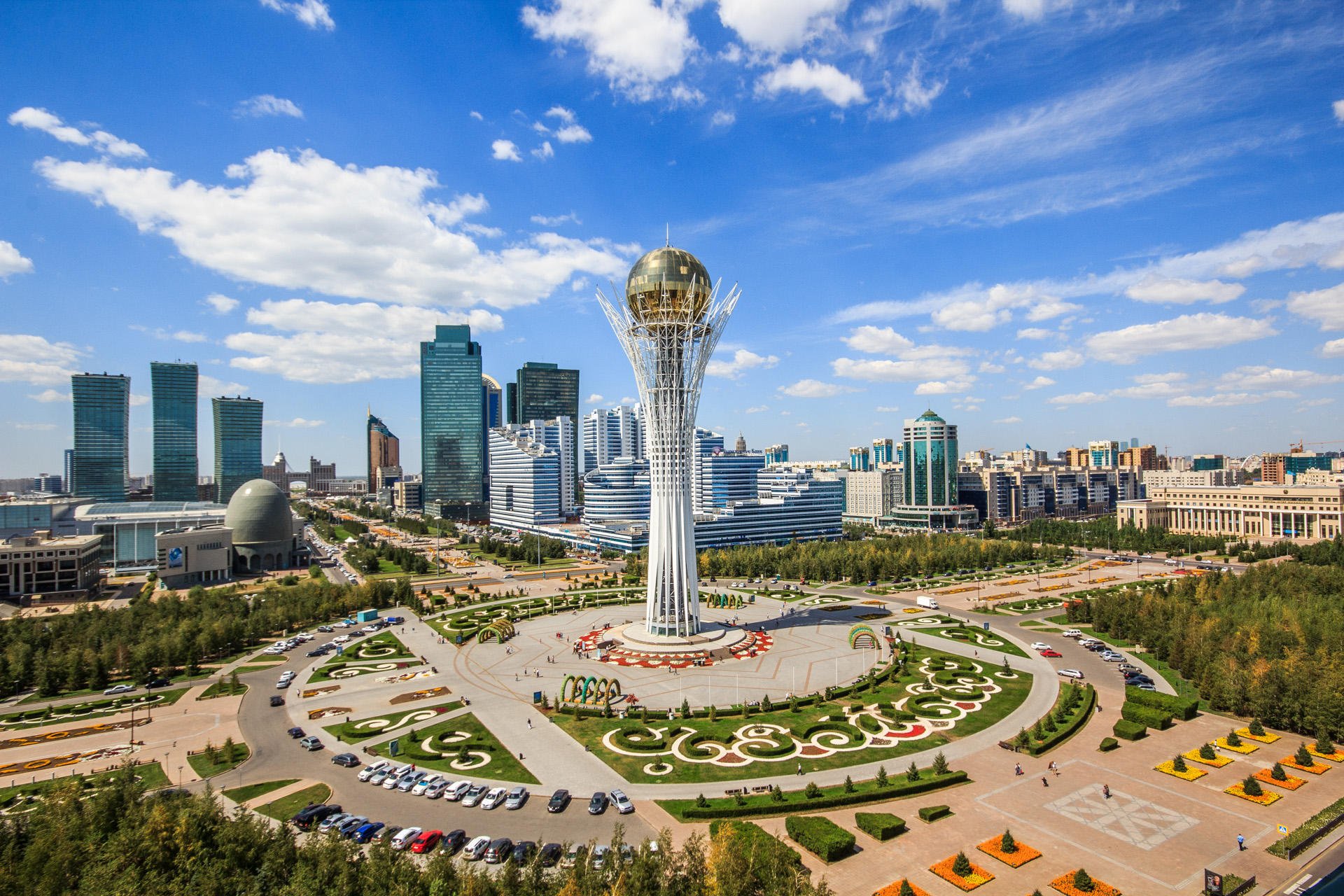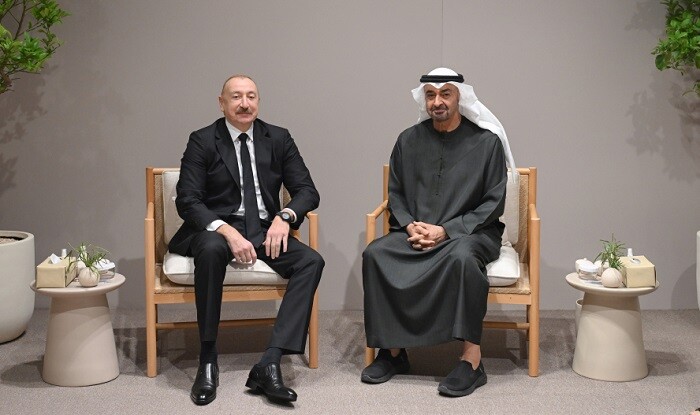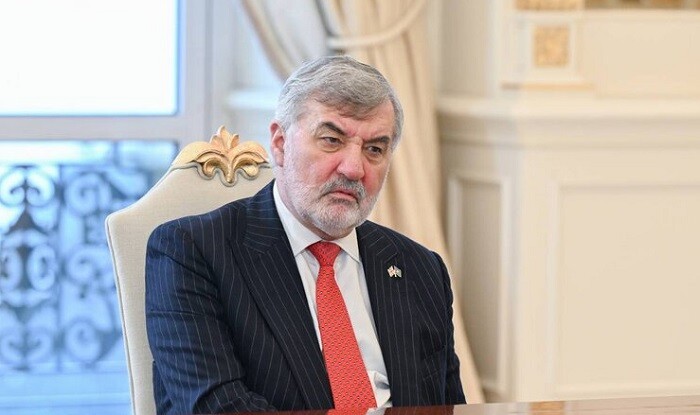The statements by the spokesperson of the Armenian Ministry of Foreign Affairs, claiming Armenia's peaceful stance while continuing territorial claims against Azerbaijan through its constitution and legal acts, are manipulations intended to mislead the international community.
Axar.az reports that this was stated by the spokesperson for the Azerbaijani Ministry of Foreign Affairs, Aykhan Hajızadə, in response to comments from the Armenian Ministry of Foreign Affairs justifying Armenia’s militarization and claiming threats from Azerbaijan.
It was emphasized that the Armenian Ministry of Foreign Affairs is now referencing a recent decision by Armenia's Constitutional Court, which regulates the joint work of border delimitation commissions between Armenia and Azerbaijan, as supposed "confirmation" that no territorial claims exist against its neighbors in the constitution.
When fact-checking this claim, it is enough to recall that back in January 2010, during the Constitutional Court’s detailed justification of the protocols on the normalization of relations between Armenia and Turkiye, Armenia had not renounced its claims over so-called "Western Armenia."
The same logic and approach were applied during the adoption of the Constitutional Court's decision on September 26, 2024, regarding the compliance of the regulations of the border commissions between Armenia and Azerbaijan with the Armenian constitution. Despite the listing of the regions currently belonging to Armenia in the court’s decision, the reference to Armenia’s Declaration of Independence, which includes claims on Azerbaijani territories, is emphasized as an integral part of the constitution in its preamble. In particular, the court decision characterizes the preamble, and by extension the Declaration of Independence, as "the fundamental principles of Armenian statehood," noting that they are immutable provisions. This further heightens the threat stemming from Armenia’s territorial claims over Azerbaijan.
Regarding the Almaty Declaration, it is known that the provisions on respect for territorial integrity and the inviolability of borders, as set forth in the Agreement on the Creation of the Commonwealth of Independent States (CIS) on December 8, 1991, and the Almaty Declaration on December 21, 1991, do not clarify the actual borders between CIS member states or which territories are included within the borders of each state. Therefore, the Almaty Declaration cannot be considered as confirmation of Armenia's "goodwill."
It is undeniable that Armenia ratified the Agreement on the Creation of the CIS with reservations on February 18, 1992. Moreover, Armenia officially declared its intent to make these reservations as early as December 26, 1991, when the Armenian Supreme Council ratified the Protocol on the Agreement on the Creation of the CIS. Clause 10 of the Supreme Council’s decision on the ratification of the CIS Agreement, dated February 18, 1992, clearly states that the Republic of Armenia considered the so-called "Nagorno-Karabakh Republic" to be an independent state with the right to join the CIS.
Following the Supreme Soviet's decision, Armenia has never recognized "Nagorno-Karabakh" as part of Azerbaijan, a stance further confirmed by the Supreme Soviet's resolution on July 8, 1992, and solidified by Armenia's Constitution adopted on July 5, 1995. Regardless of whether it was necessary to inform other signatory countries of the reservations made at the time and whether Armenia took such measures, the reservations are an undeniable part of Armenian legislation.
Thus, considering Armenia's existing claims against Azerbaijan's territorial integrity at the time of its accession to the Almaty Declaration and the reservations it made, Armenia has excluded the recognition of "Nagorno-Karabakh" as part of Azerbaijan. Therefore, until Armenia amends its constitution and renounces all legal and political acts that reflect its claims against Azerbaijan, any statements from Armenia recognizing Azerbaijan's territorial integrity and sovereignty have no legal basis.
Additionally, considering Armenia's history of aggression against Azerbaijan when joining the Almaty Declaration, it is time for Armenia to clarify what it meant in 1992 and what it means now by “the recognition of each other's territorial integrity and sovereignty along the administrative borders of the former Soviet republics.”
In light of all this and considering the unpredictable nature of Armenian politics, arguments related to the right to self-defense that justify mass militarization are both fabricated and dangerous.
Furthermore, it is regrettable that Armenia's Foreign Ministry has spread false propaganda, claiming that Azerbaijan is using COP29 as a "smoke screen" to prepare for an attack on Armenia, calling for a boycott of the COP29 visit to Azerbaijan.
The Armenian side’s logic in ignoring these issues indicates that the country is not interested in lasting peace and is attempting to keep the situation as a backup option for another potential aggression against Azerbaijan in the future.
Armenia should refrain from contradictory statements and provocative actions and should demonstrate respect for the norms and principles of international law through its actions and real steps.












